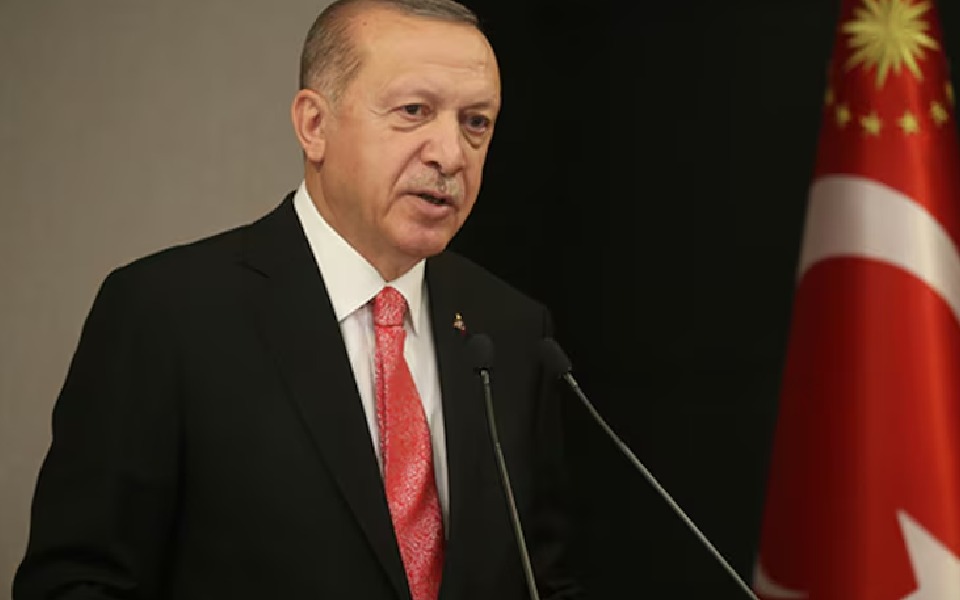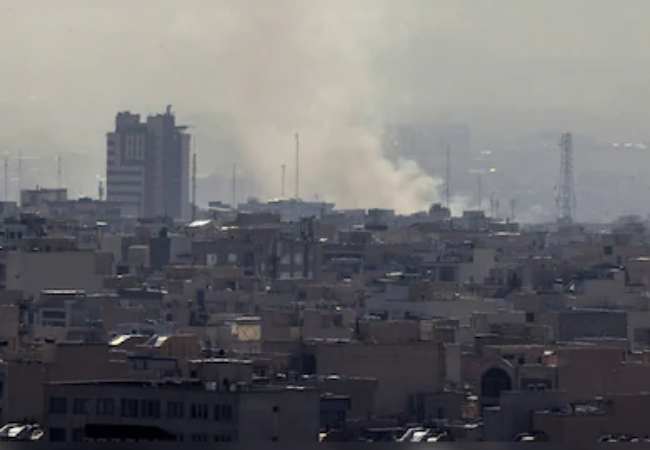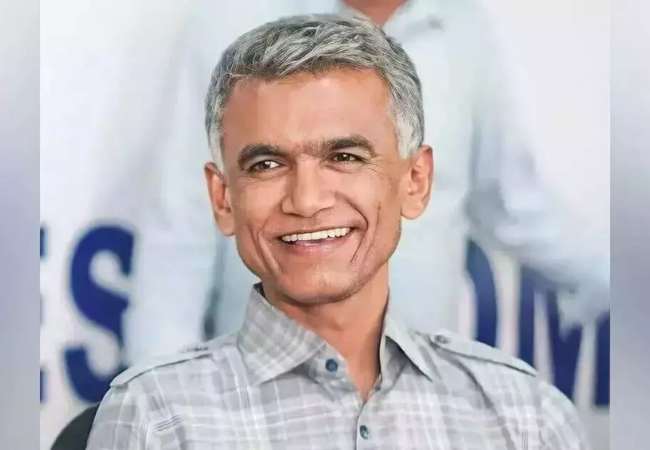Ankara, Aug 2: Turkiye's communications authority blocked access to the social media platform Instagram on Friday, the latest instance of a clampdown on websites in the country.
The Information and Communication Technologies Authority, which regulates the internet, announced the decision early Friday but did not provide a reason.
Yeni Safak newspaper, which is close to the government, and other media said access was blocked in response to Instagram removing posts by Turkish users that expressed condolences over the killing of Hamas political leader Ismail Haniyeh.
“Sanctions for Instagram's blackout policy were swift. The Information Technologies and Communication Authority blocked access to Instagram,” Yeni Safak stated in its online edition.
Earlier, Fahrettin Altun, the presidential communications director and aide to President Recep Tayyip Erdogan, had strongly criticized the Meta-owned platform for preventing users in Turkiye from posting messages of condolences for Haniyeh.
The transportation and infrastructure minister, Abdulkadir Uraloglu, maintained that Instagram had ignored “sensitivities” and was in breach of a so-called inventory of serious crimes, which include incitement to suicide, torture, obscenity, crimes against the state's security and child sexual abuse, among others. He did not elaborate which particular crime the platform is alleged to have breached.
“When they don't abide by laws and our regulations and don't take our societal sensitivities into consideration, we are obliged to make the necessary interventions,” he said.
The minister said Turkish authorities were in contact with Instagram's representative in Turkiye.
“When they fulfill the requirements, we will lift the ban,” he said.
Uraloglu's deputy, Omer Fatih Sayan, wrote on X: “We will do what is needed to establish a social media that respects our values, is free of disinformation, and is cleaner and more secure.”
There was no immediate comment from Instagram, which has over 50 million users in Turkiye, a nation with a population of 85 million.
The country is observing a day of mourning for Haniyeh on Friday, during which flags are being flown at half-staff.
Ekrem Imamoglu, the mayor of Istanbul and a member of Turkiye's main opposition party, denounced the decision to block Instagram, accusing the communications authority of acting like a “censorship unit.”
“Social media is a platform that everyone uses for many purposes, including for commerce and communicating,” Imamoglu wrote on X. “It is unacceptable that a platform used by the entire country is arbitrarily shut down one morning.”
Turkiye has a track record of censoring social media and websites. Hundreds of thousands of domains have been blocked since 2022, according to the Freedom of Expression Association, a non-profit organisation regrouping lawyers and human rights activists. The video-sharing platform YouTube was blocked from 2007 to 2010.
Let the Truth be known. If you read VB and like VB, please be a VB Supporter and Help us deliver the Truth to one and all.
Dubai (AP): The Iranian Red Crescent Society said on Monday that the US-Israeli airstrike campaign targeting Iran has killed at least 555 people so far in the Islamic Republic.
The society added that 131 cities have come under attack so far in the war.





